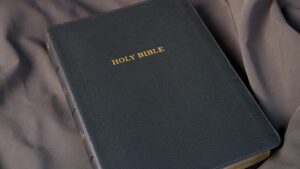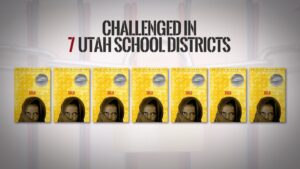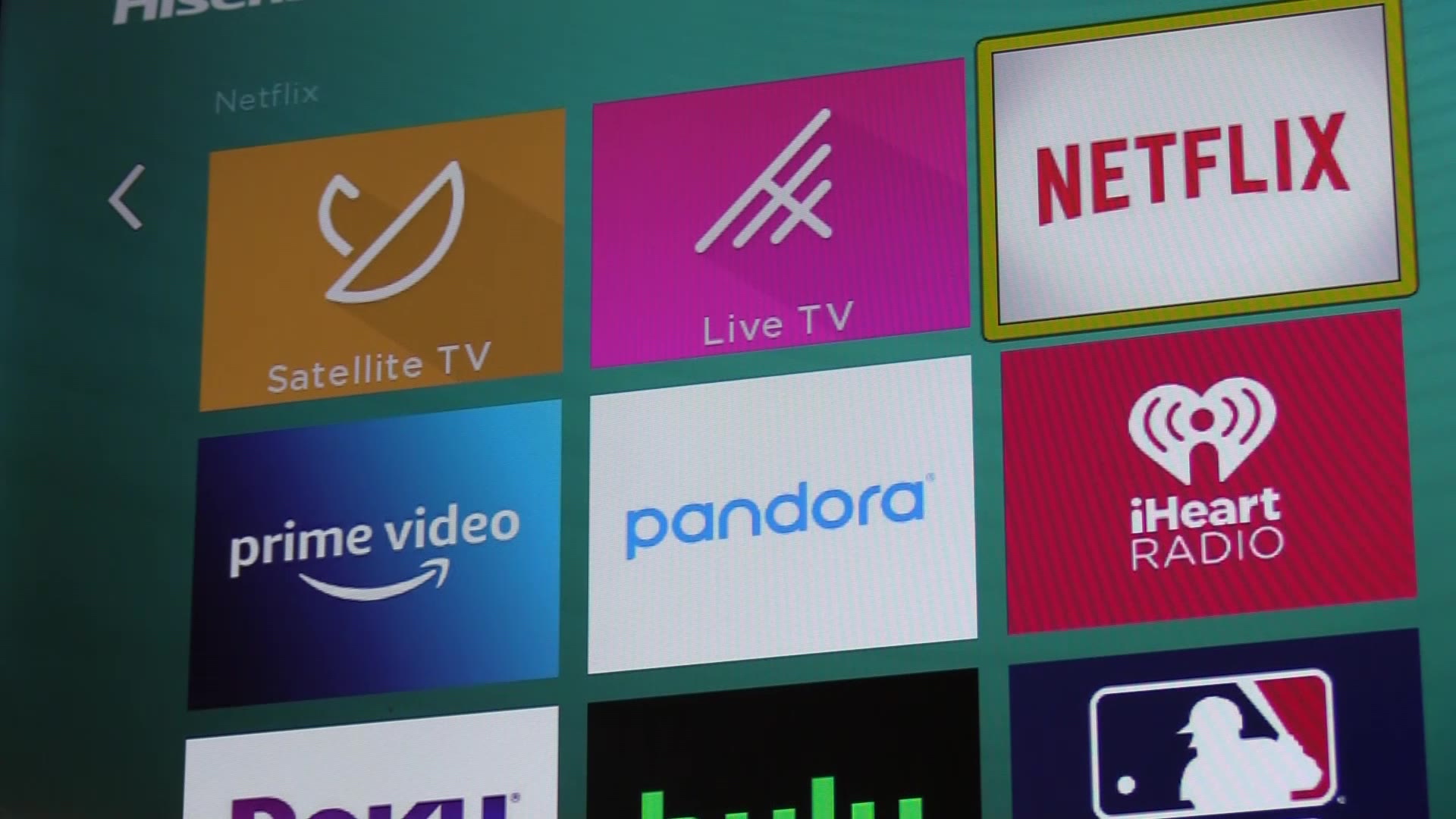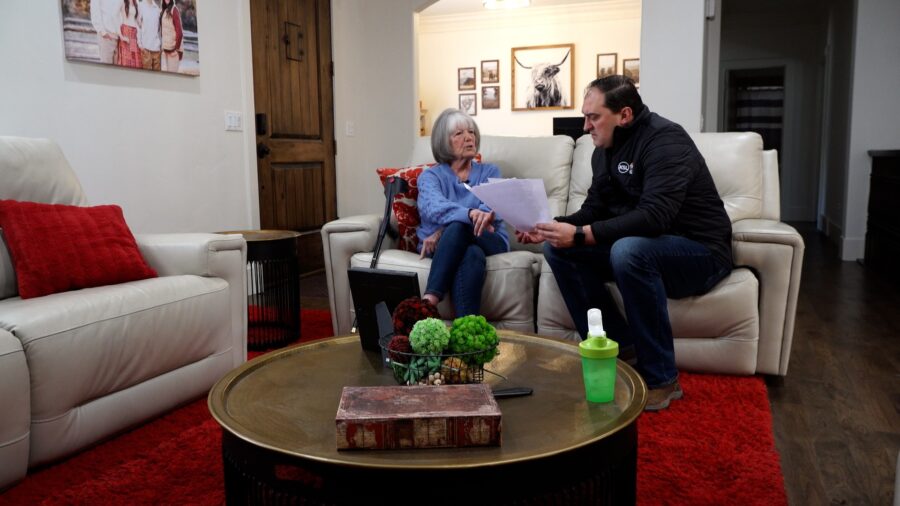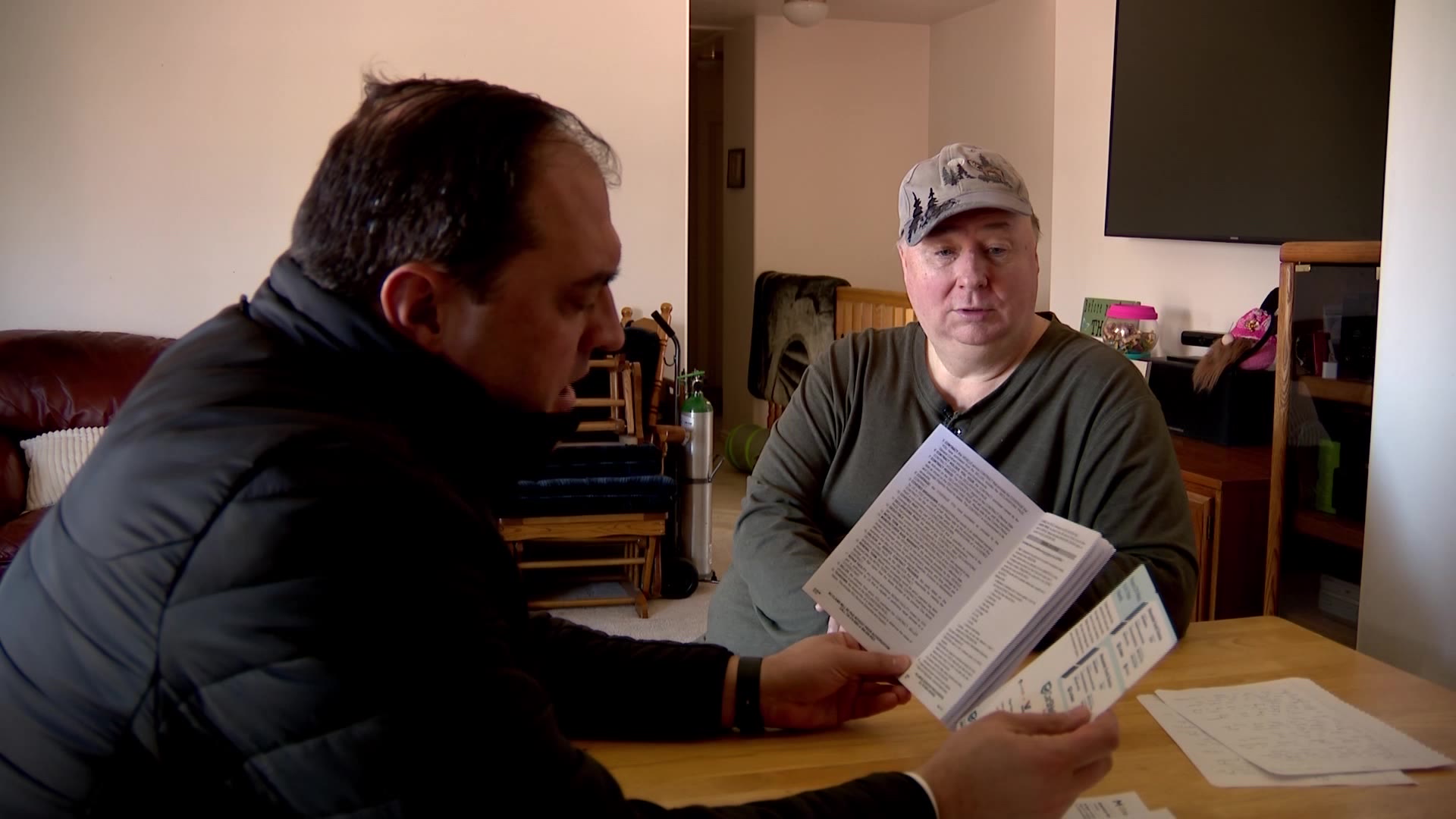Utah book challenges by the numbers: A KSL investigation
Jun 20, 2023, 10:20 PM | Updated: Jun 21, 2023, 7:45 am
SALT LAKE CITY — Out of Utah’s 41 public school districts, the Davis School District stands out for the number of book challenges it has received using a relatively new law, HB374 Sensitive Materials in Schools.
Davis School District has received 129 book challenges, leading to school officials removing 38 books. In 12 other instances, books were removed from only some school shelves in the school district. Those books initially included the Bible, which was removed from elementary and junior high schools but not high schools.
The Bible will return to all of the schools from which it was removed after the Davis School District’s Board of Education voted unanimously Tuesday to reverse a committee-based decision to restrict the religious text to high schools only.
After Davis School District revealed it had received book challenges to both the Bible and the Book of Mormon, and after one of the bill’s sponsors said publicly that the law was being used in ways he did not intend, KSL requested the policy each district in the state is following. KSL also requested a full accounting of how many challenges to individual books each district has received, reviewed, and decided upon.
At the time of publication, of Utah’s 41 districts, 34 have responded to our request.
HB374 Sensitive Materials in Schools
HB374 became law in March 2022. Rep. Ken Ivory, R-West Jordan, and Sen. Todd D. Weiler, R-Woods Cross, sponsored it. The law authorizes the state board of education and the Utah Attorney General to train public schools on how to identify sensitive materials.
It is not a ‘one size fits all’ law, however. The law takes into account local education agencies as well as parents.
And it requires each school district to have its own policy and process for reviewing sensitive materials.
How many and which titles?
The American Library Association said the number of requests to censor books across the country in 2022 (2,571) was double that of 2021 (1,858), and that the requests to censor books in 2022 were more than all of the censorship requests it had documented for more than 20 years.
And there’s a pattern to the requests.
“The vast majority were written by or about members of the LGBTQIA+ community and people of color,” said the ALA’s Raymond Garcia.
See how many challenges each Utah district has received here:
There are some similarities across Utah school districts regarding book challenges. For example:
- “A Court of Frost and Starlight” was challenged in seven districts and removed in all instances;
- “A Court of Thorns and Roses” was challenged in seven districts, removed from six;
- “Sold” was challenged in seven districts, kept in five, and removed from two;
- “The Haters” was challenged in seven districts and removed in four;
- “Crank”, challenged in six districts, was removed from two and kept in three, with one district still under review;
- “The Perks of Being a Wallflower” was challenged in six districts, removed from none (two still under review);
- “What Girls Are Made Of” was challenged in six districts, removed from three, and kept in two, with one under review.
Most Utah public school districts have received no challenges
A majority of districts that responded to KSL’s request have received no challenges to date. Those 22 districts include Weber County, North Sanpete, and Tooele County school districts.
Of the districts that have received challenges, some have received dozens. In the Granite School District, 94 books have been challenged, 26 books were removed and 23 were restricted, according to district spokesperson Ben Horsley.
He said that, in the Granite District, another 42 books are pending appeal.
Search the full list of books challenged by school districts here:
The view, from the library
Before a library book is placed on a public school shelf in Utah, somebody has already reviewed and considered the book’s content, age and grade appropriateness.
It’s the librarian who has to weave their way through multiple layers of requirements.
“So, you do the Venn diagram of state law, state standards, local policy, parental input, my educational experience, all of the reviews, the little bit of money I got, and you have a little bit of a sweet spot of ‘these are the books that we’re going to apply,” said Peter Bromberg, a longtime librarian and associate director of the nonprofit Every Library.

Peter Bromberg, a longtime librarian and associate director of the nonprofit Every Library. (KSL TV)
Bromberg said recent rhetoric surrounding book challenges had had a negative impact on the mental health of librarians.
“The accusations that someone, a teacher or librarian, is trying to harm a child, is really, it’s indefensible,” he said. “And the emotional toll that it’s taking is significant. We have people leaving the field. We have people who are staying in the field but can’t sleep or are experiencing the ravages of chronic stress and are afraid to speak out about it.”
Besides, said Bromberg, it’s not school libraries that parents need to be concerned about. It’s their phones.
“If we’re really concerned about the deleterious effects of pornography on children’s brains, that’s where we should be focusing. Not on books or literature.”
In the Granite School District, a few people have kept busy with book challenges
Horsley said that the 94 book challenges his district has received have come from six people, including himself.
“The overwhelming majority of the content has come from one parent who’s done a lot of research,” Horsley said.
“If somebody’s telling me a house is on fire, do I care where it is where I get that information from?” Horsley said. “I want to know if there’s pornography on our shelves, I want to know about it. If a community member is going to be the one to tell me about it, great. We need more eyes on this, not less.”
Horsley said this is not about “banning” books.
“This is our job to provide appropriate content to kids. And if it’s sexually explicit, it does not belong on our shelves,” Horsley said. “And that’s not banning books, that’s simply not providing them in a school setting.”
Garrick Peterson, Director of Academics at Wasatch School District, agrees.
“The school board has a responsibility to make sure that the curriculum that is in front of kids is appropriate,” Peterson said.
Book challenges: A time-consuming process
Horsley said the review process for each challenged book takes up a lot of time.
“We’re still actually making decisions on a majority of those books. And it’s a tedious process, and it’s taking, it’s very time-consuming,” Horsley said.
He estimates the district has spent more than $100,000 and at least 2,500 man-hours to ensure they comply with state code.
He also said librarians feel a strong sense of responsibility in providing books for a diverse group of students.
“We need materials that reflect and show the identities of both the ethnic and minorities, families that we represent and serve,” Horsley said. “Kids need to be able to see themselves in these stories. They need to see themselves as the heroes in the stories. But they do not need to see sexually explicit materials on a school library shelf.”


